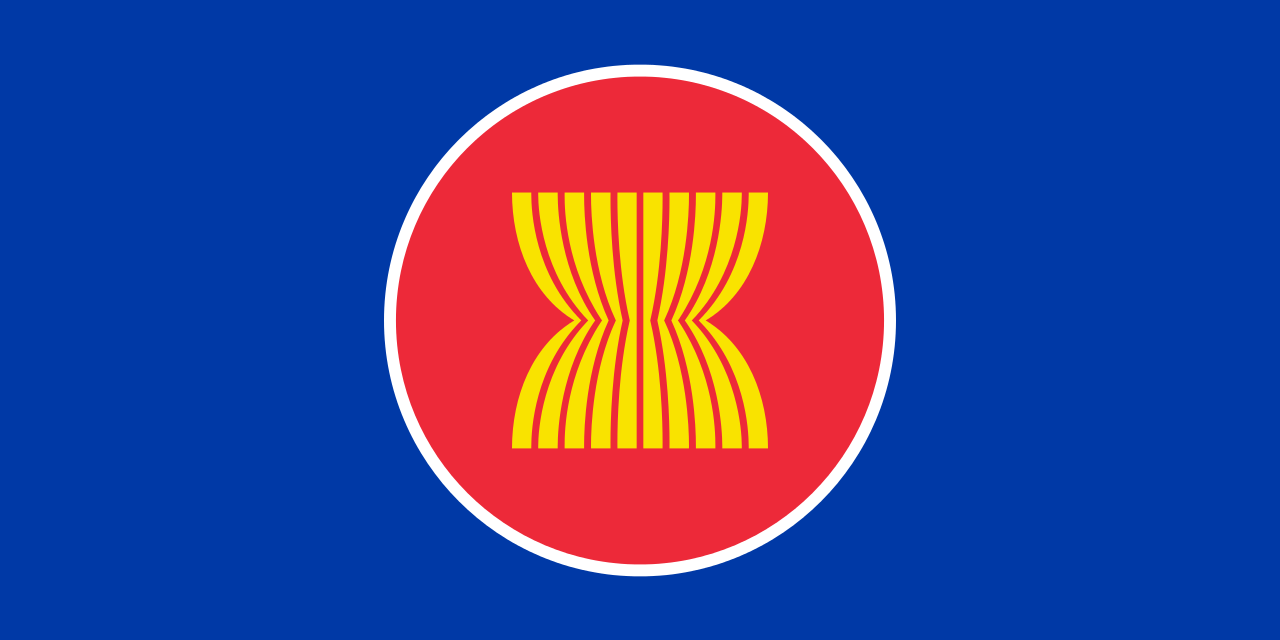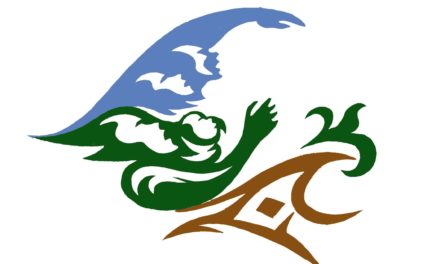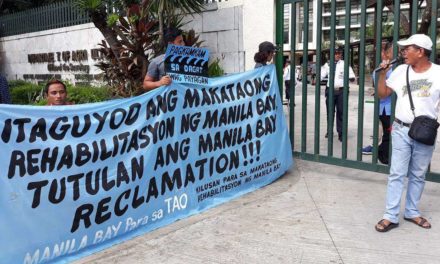Philippine President Rodrigo Duterte is in Vientiane, Laos, September 6 – 8, for his first ever appearance on the international stage since becoming head of state in June 2016. He shall be having his debut via the ASEAN Summit, where his main agenda, among others, will be to promote his war on drugs and push for a “drug-free ASEAN.” A statement issued on his behalf during his departure, September 5, from Davao City, southern Philippines, has also underscored “the importance of the rule of law and peaceful settlement of disputes” as a key talking point during the 2016 Summit.
Will the tough guy, strongman, expletive-loving Philippine leader fit in the regional organization? Surely, he will.
The Philippine president and most of his ASEAN counterparts see human rights as a very unpopular theme. The view that human rights is not universal and that there is an “Asian way” to it, a view made strongly popular by former Malaysian Prime Minister Mahathir Mohammad and Singaporean Prime Minister Lee Kuan Yew, continues to hold sway among governments in the region.
The evolution of human rights principles and practice among ASEAN governments has taken almost five decades, with the ASEAN Intergovernmental Commission on Human Rights (AICHR) getting formed only in 2009 and the ASEAN Human Rights Declaration finally adopted in 2012.
Yet the intergovernmental body and the declaration have not necessarily guaranteed the application of human rights, nor ASEAN peoples benefiting from them – not with the prevailing environment of impunity in ASEAN countries.
The list of environmental activists, rights defenders, indigenous peoples, and political dissidents attacked, harassed, assaulted, imprisoned, and worst, murdered, from ASEAN countries continues to grow. Many of these human right violations have either been perceived or evidently seen as state-sanctioned and/or perpetrated. The resolution of these cases has not seen the light of day.
Focus on the Global South has called attention to cases in the recent past, namely those of: “Gloria Capitan, anti-coal activist from the Philippines; Mr. Kem Ley, social/political analyst from Cambodia; Melon Barcia, peasant leader from the Philippines. All felled by an assassin's gun. Den Kamlae, land rights activist from Thailand; Sombath Somphone, development worker from Laos; Jonas Burgos, farmer and political activist from the Philippines. All forcibly disappeared. Apung Tony and Ka Rolly, peasant leaders. Incarcerated because of their advocacies.” (Focus on the Global South Newsletter, Vol. 3 Number 4, August 2016)
But as Shalmali Guttal underscored in her lead article for the newsletter, these cases of human rights violations have become systemic, coming from a long history of violence in the countries in the region. This history has been a history of states as source of the violence or promoting impunity. (Focus on the Global South Newsletter, Vol. 3 Number 4, August 2016)
President Duterte has also criticized human rights, considering it as deterrent to his war on drugs; for him, drug users have no human rights, cannot be rehabilitated, and thus deserve to die. More than 2,000 have been killed since the government’s war on drugs started upon Duterte’s assumption to power. The United Nations has called the attention of Mr. Duterte on the killing of suspects without due process, and in response he slammed the global rights body and threatened that the Philippines will leave the almost 70-year old institution.
By disavowing human rights in his war on drugs, the president has been ‘at war’ too with civil society organizations and human rights defenders. The latter have recently formed a broad coalition under iDefend to “assert that human rights are indivisible, neither one or some rights can be exchanged for other rights. This means that no economic or social rights should make up for the loss of civil and political rights, much less that economic and social gains or progress should be founded on impunity against the right to life, due process and rule of law perpetrated and perpetuated in an atmosphere of fear and of a coercive environment.” (iDefend Statement, August12, 2016)
Amidst the rising concern on how it is conducting the campaign against drugs and criminality, the Duterte government has not also addressed the unresolved cases enforced disappearances and murder of indigenous peoples and rights defenders, including the infamous massacre of 58 civilians and journalists in Maguindanao by a warlord in 2009, among other human rights issues.
Another thing he shares with ASEAN leaders past and present is the brand of leadership. Mr. Duterte is not an original when it comes to being the tough guy with extreme nationalist-populist posturing. He shares this badge of honor with others who have come before him. Southeast Asia’s ‘strongman’ has been a distinct feature of the region’s post-colonial history. The ‘strongman’ is not going to be gone soon, what with the deeply entrenched military leadership in Thailand, the top-down style of Indonesian President Joko Widodo, Mr. Hun Sen in Cambodia, a government in Laos that scoffs at the tiniest act of resistance or political dissent, among others. The call for the rule of law shall resonate among ASEAN leaders, but what they will hear is the rule of centralized, authoritarian power.
The weekend before traveling to Laos for the ASEAN Summit, President Duterte declared “a state of national emergency due to lawless violence” in the aftermath of the bombing in Davao City. This has worried human rights defenders and former anti-Marcos dictatorship activists who see this move as a probable prelude to the declaration of Martial Law. iDefend in another statement has condemned the bombing which killed 14 people and hurt more than 50, but has expressed concern “In light of President Duterte’s consistent attitudes towards human rights, we are concerned that this decision will further overstep the boundaries of law. It is lamentable that the statements of Pres. Duterte and Defense Secretary Delfin Lorenzana attribute the bombings to democracy. Similarly, the statements of Presidential Spokesperson Peter Tiu Laviña attributing the bombings partially to political opposition is very irresponsible and begs explanation, and presents itself as the real threat to democratic space.”
If the Philippines is once again placed under Martial Law, this solidifies the strongman rule in Southeast Asia. The Philippines shall no longer be the odd one out as a democracy.
ASEAN leaders might as well welcome the Philippine president with that vigorous handshake and heavy pat on the back, with the ‘welcome to the old boys’ club’ greeting. #
*This article was first published/posted at http://www.ucanews.com/news/welcoming-president-duterte-to-the-old-boy-network/77049, September 7, 2016









